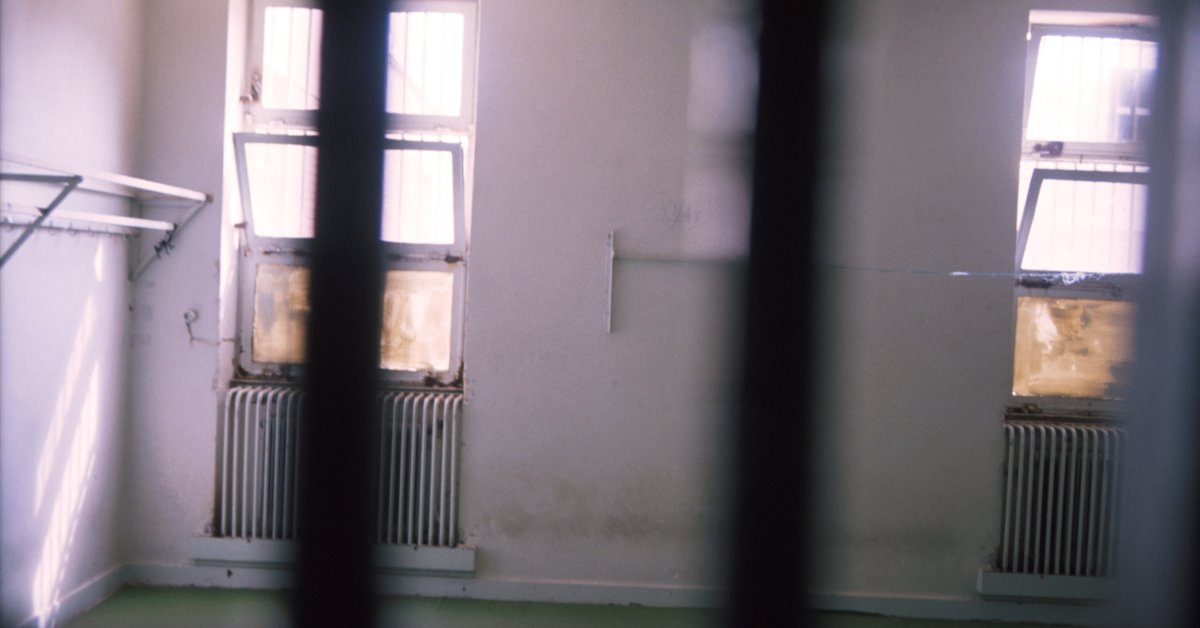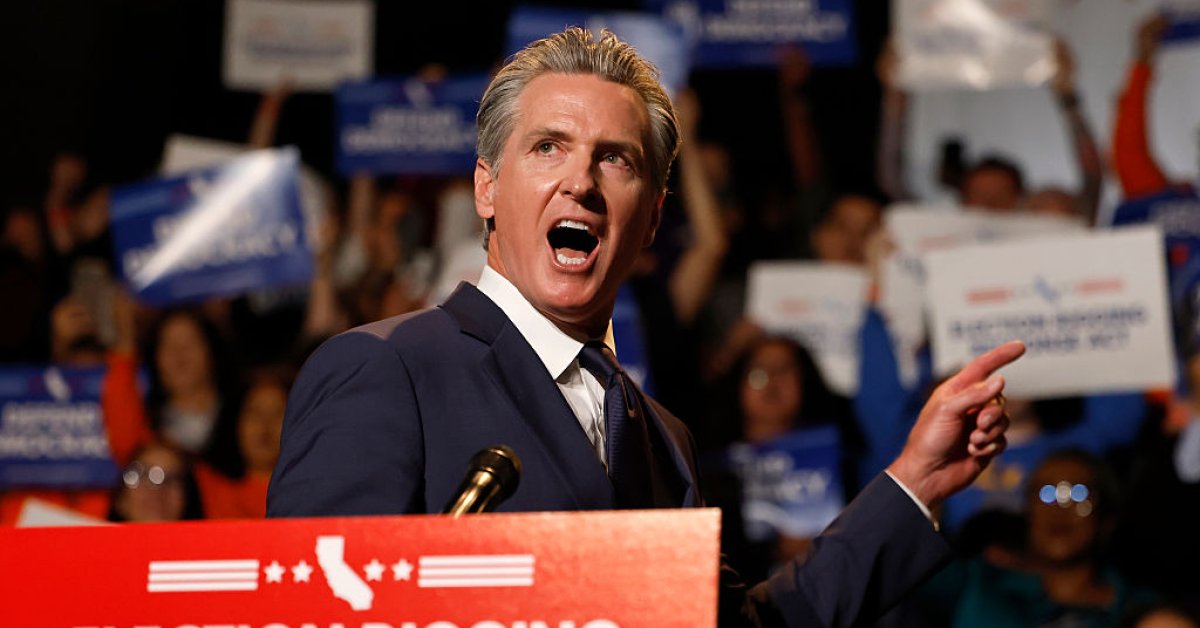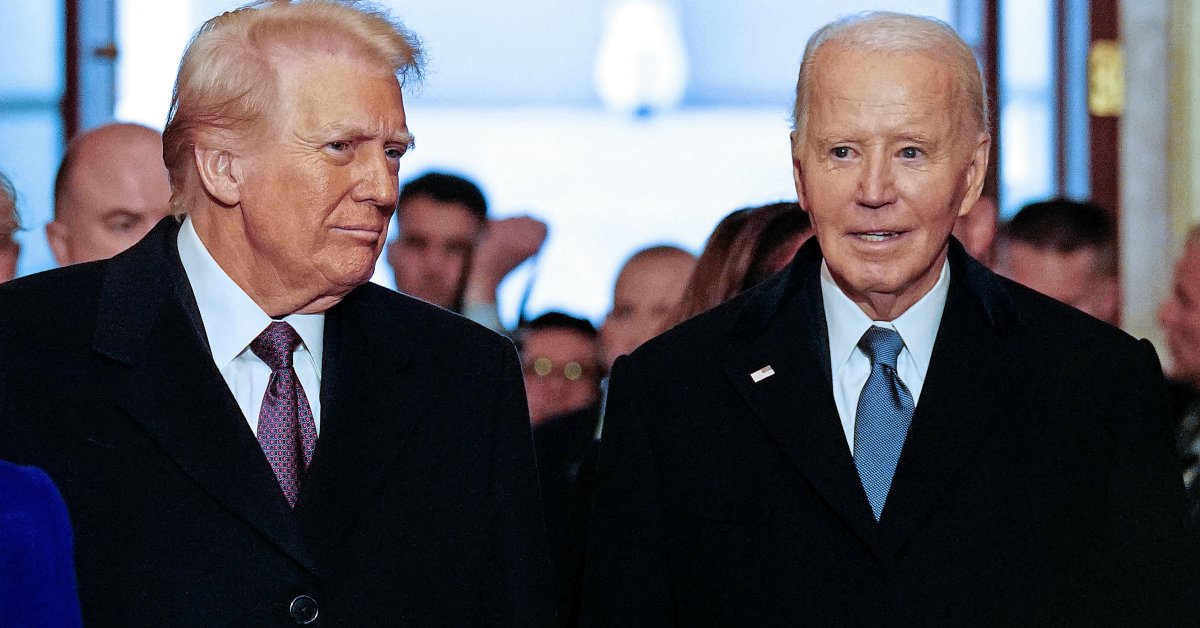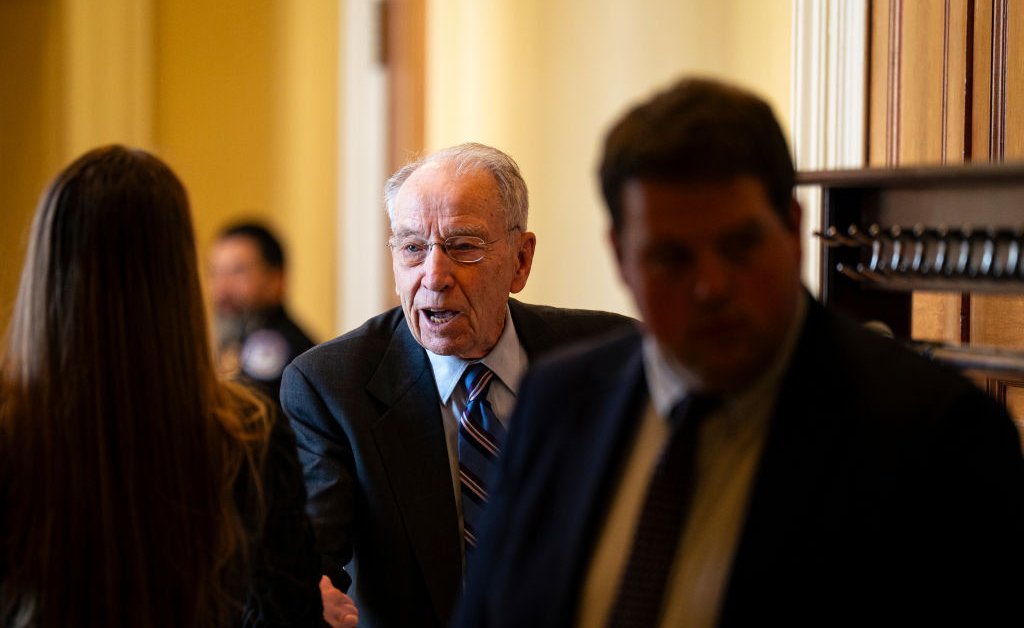What began as a war on Iran’s nuclear program has developed into something far more imperial. “It’s not politically correct to use the term, ‘Regime Change,’” President Donald Trump posted on Truth Social on Sunday. “But if the current Iranian Regime is unable to MAKE IRAN GREAT AGAIN, why wouldn’t there be a Regime change??? MIGA!!!”
On Monday, Israel did its part, launching airstrikes not on military or nuclear sites, but on what Defense Minister Israel Katz called “government repression bodies in the heart of Tehran.” Among the targets was the entrance to Evin Prison, notorious for holding political prisoners.
Yet the war is finding no visible support among Iranians once imprisoned there—the activists who have risked their lives opposing the regime Washington and Tel Aviv want to change.
“This is exactly what the hardline groups supporting the system wanted,” explains twice-jailed Isa Saharkhiz, referring to Israel’s military assault. “And now, after the U.S. attacks, they are shouting slogans about closing the Hormuz Strait.”
Read More: How U.S. Strikes May Have Inadvertently Helped the Iranian Regime
Saharakhiz placed his name among more than 500 activists and groups that on Sunday condemned the assault on Iran, and voiced “serious opposition to any foreign interference.” The statement—by advocates of a democratic Iran that answers to its people—was posted in Persian on Telegram, the messaging platform on which Saharkhiz also chatted with TIME.
“The civil society has been urging Iran’s ruling system to continue talks with the U.S. and to reach a peaceful agreement and even establish diplomatic relations between Tehran and Washington, and expand political, economic, and trade relations between Iran and the U.S.,” he said. “But the Israeli attack last week, which was against international law and regulations, helped to disrupt the talks and to begin a terrible war.”

That moderate approach was championed by Iran’s now-vanquished reformist movement, which surged almost three decades ago with the 1997 election of a gentle librarian and cleric named Mohammad Khatami as Iran’s President. Saharkhiz had worked with him earlier, and took a prominent place in his Ministry of Culture, and later among the private newspapers that thrived in the fleeting years that greater personal freedoms seemed within reach. The reformists included activists who overran the U.S. Embassy, supporters of the 1979 revolution that brought theocracy to power who had since found its religious rule heavy-handed and intrusive.
But Iran’s Supreme Leader, Ayatollah Ali Khamanei, saw the movement as a challenge to the unelected, authoritarian clerics that held ultimate power. The reformists’ last gasp came in 2009, when hundreds of thousands took to the streets saying the Presidential election had been stolen from the reformist candidate. In the crackdown that answered it, Saharkhiz was among the hundreds of politicians, activists, professors, and journalists facing arrest.
He did not come easily. After eluding arrest, officials kidnapped his daughter and threatened to assault her if Saharkhiz did not surrender. When he relented, he was beaten so badly he was hospitalized for weeks. In 2024, in a lawsuit filed by his son, a U.S. District court ruled Iran should pay $5 million for Saharkhiz’s torture during imprisonment.
Read More: A New Middle East Is Unfolding Before Our Eyes
Aren’t his feelings about the war complicated by his feelings about the regime it targets?
“No, not at all,” Saharkhiz replied. “This is the view that me and many of my friends have had throughout the last two or three decades, and would propagate in the newspapers and magazines that we published, all of which were banned. Arrest and imprisonment has not changed our views.”
“I remember,” he went on, “that back during the presidency of Khatami, when reformists had a majority in the 6th parliament, I wrote an article and proposed that a meeting be arranged between Joe Biden, who was at that time the head of the U.S. Senate Committee on Foreign Relations, and his counterpart in the Iranian parliament, as representatives of the two nations. If I’m not mistaken, Biden had proposed travelling to Tehran at that time.”
The meeting did not happen, though Biden was Vice President when then-President Barack Obama negotiated a pact that effectively sidelined Iran’s nuclear program until Trump withdrew from it in 2018. The withdrawal emboldened Iranian hardliners who in April alone carried out at least 110 executions, and have crowded Evin Prison with political prisoners—some of whom were reportedly injured by Israel’s strike on the facility.
A week earlier, as the airstrikes began, several prisoners, including women’s rights advocate Reza Khandan, wrote a letter to judicial officials requesting freedom from the prison during the Israeli assault, noting that their ward “doesn’t even have a single fire extinguisher.”








